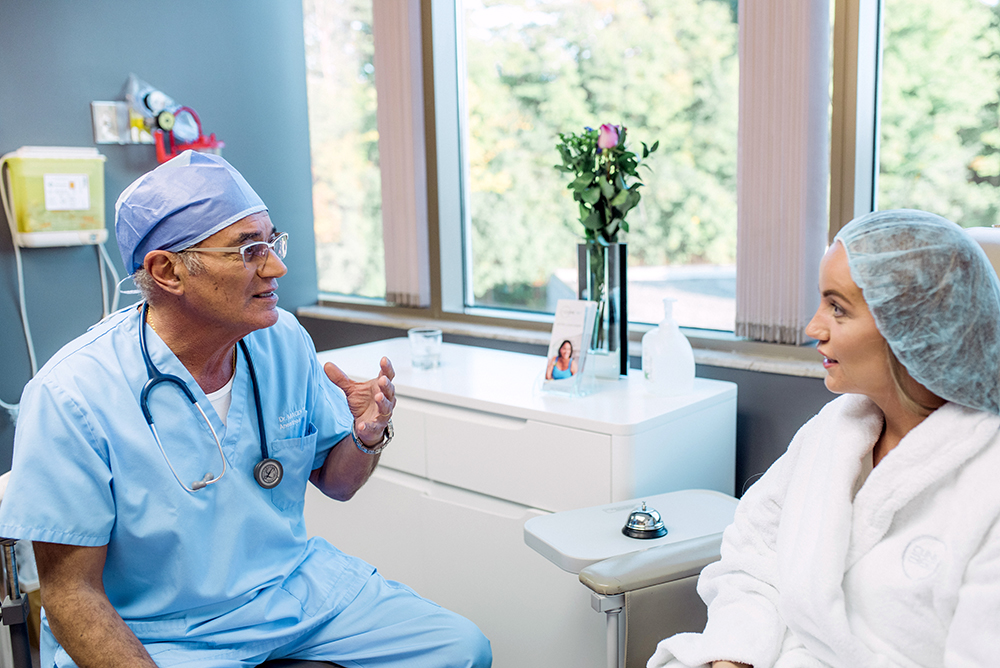Frequently Asked Gastric Sleeve Questions

Welcome to our Gastric Sleeve FAQ page, where we aim to address your most pressing questions and provide you with the information you need to make informed decisions about the
gastric sleeve procedure. Whether you’re considering this weight loss surgery or seeking clarification on certain aspects, we’ve compiled a list of frequently asked questions to guide you through the process. Read on to find answers to common inquiries and gain a better understanding of the gastric sleeve, its benefits, potential risks, recovery, and more. We’re here to empower you with knowledge and support you on your journey to a healthier, happier life.
Please contact us if you have any more questions or want to book a consultation where you can speak to our surgeons about gastric sleeve.
Gastric sleeve or sleeve gastrectomy is a type of bariatric surgery intended to treat obesity by inducing weight loss. Gastric sleeve is not only able to reduce the amount of food that the stomach can hold, but it can also lower the overall body fat by modifying the signals that work between your stomach and your brain.
Gastric sleeve surgery is normally a same-day procedure, and you will be sent home when our team determines you reach the criteria for discharge.
We recommend patients take 1-3 weeks off work, depending on the job. Book your free consultation to find out more.
Following surgery, patients must follow a strict post-op diet. In time, you will transition to a regular diet although portion sizes will have changed. Learn more about the post-op diet here.

